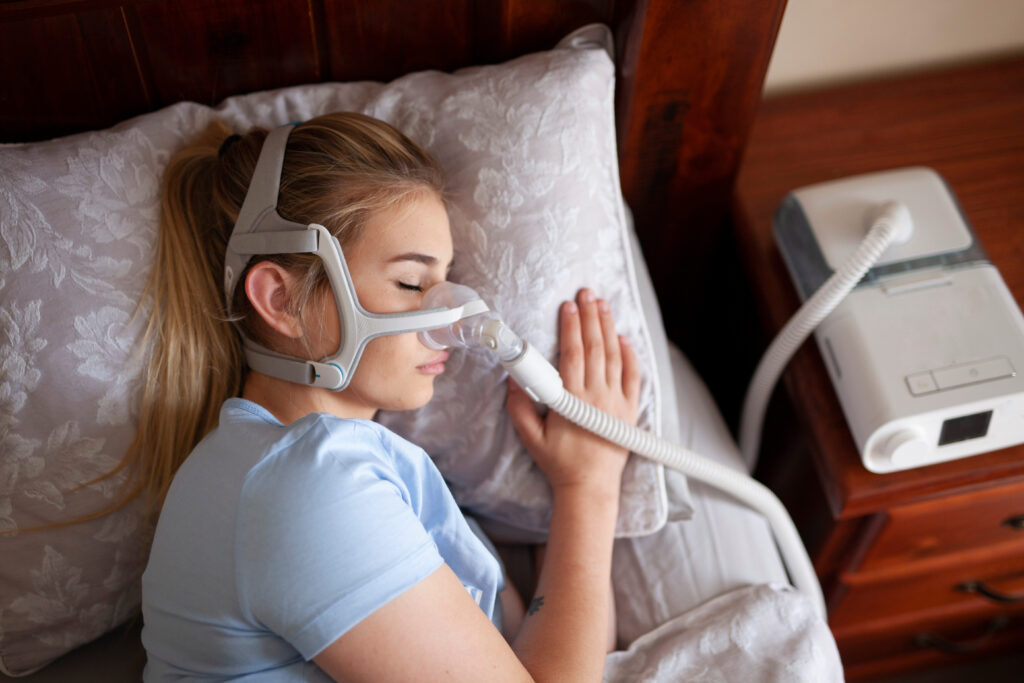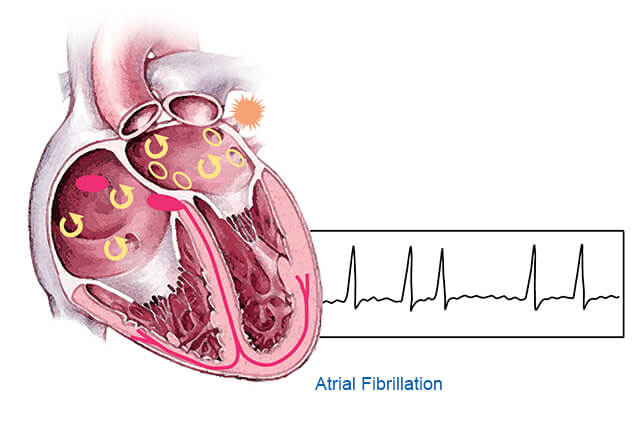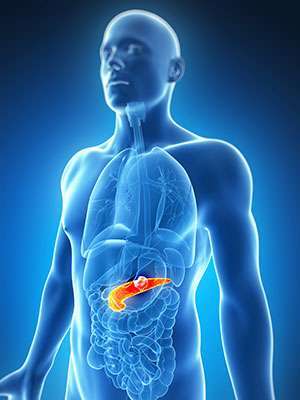
If you’re feeling fatigued throughout the day, no matter how much sleep you get, you could have a sleep disorder such as sleep apnea. Sleep apnea occurs when you stop breathing while sleeping. You can stop breathing many times throughout the night.
Some people don’t know that they have sleep apnea or stop breathing during their sleep, which can be dangerous. Many treatments are available for the condition to help you restore your sleep quality.
What Is Sleep Apnea?
Sleep Apnea is a sleep disorder that can be dangerous if left untreated. A 2020 study reports a 2-3-fold increased risk of cardiovascular and metabolic disease with obstructive sleep apnea. Sleep apnea occurs when you experience lapses in breathing during your sleep.
The National Heart, Lung, and Blood Institute’s research found that sleep apnea can increase your risk of diabetes, heart disease, stroke, and high blood pressure.
According to the Sleep Foundation, Obstructive sleep apnea occurs when the muscles in your throat don’t allow enough air to pass through, causing a narrowing of the airway. Central sleep apnea occurs when your brain and muscles involved in breathing lack communication.
If you think you might have sleep apnea, consult a medical provider to set up a sleep study. Many sleep studies can be done in the comfort of your own home.
What Are the Symptoms of Sleep Apnea?
According to the Cleveland Clinic, there are several symptoms of sleep apnea, including:
- Excessive daytime sleepiness
- Snoring
- Feeling fatigued upon waking up
- Waking up often in the middle of the night
- Insomnia
- Restlessness
- Memory loss
- Difficulty concentrating
- Pauses in breathing
- Unusual breathing patterns
- Shortness of breath or feeling as though you’re choking upon waking up
- Sexual dysfunction
- Headaches upon waking up
If you have several of these symptoms, this could signal that you have sleep apnea and may need to seek treatment.
What Causes Sleep Apnea?
The causes of sleep apnea depend on your sleep apnea type. If you have been diagnosed with obstructive sleep apnea, the National Heart, Lung, and Blood Institute states that potential causes of this type of sleep apnea include having large tonsils, obesity, and hormone changes.
The National Heart, Lung, and Blood Institute also notes that causes of central sleep apnea include health conditions that affect how your brain communicates with your airway and chest muscles. The first step in diagnosing sleep apnea is to do a sleep study. A sleep study can be done at home or in a lab.
Treatment for Sleep Apnea
There are many medical treatments available for sleep apnea. The National Heart, Lung, and Blood Institute lists several treatment options.
Most commonly, if you have sleep apnea, you may be given a continuous positive airway pressure machine (CPAP). A CPAP can help you keep your upper airways open while sleeping and improve your breathing. Other less common breathing machine options for Sleep Apnea include an Auto-Adjusting Positive Airway Pressure (APAP) machine or a Bilevel Positive Airway Pressure Machine (BIPAP).
There are also steps you can take at home to make living with sleep apnea easier, such as:
- Maintaining a healthy weight
- Limiting alcohol and caffeine intake
- Quitting smoking
- Regular exercise
In some cases, people may also choose to use oral devices such as mandibular repositioning pieces that help hold your jaw in a position to keep it from sliding backward and blocking your upper airway. Another oral device that can be helpful for Sleep Apnea is a tongue-retaining device that helps keep your tongue from blocking your upper airway.
You can also have surgery that can help with sleep apnea.
Surgical procedures for sleep apnea include:
- Adenotonsillectomy: Surgery to remove your tonsils and adenoids.
- Upper and Lower Jaw Advancement: Moves your upper and lower jaw forward to help make your upper airway bigger.
- Tissue removal surgery: Surgery to remove tissue from your mouth and throat to make your upper airway bigger.
Overview
Sleep Apnea can cause health problems if left untreated. The key characteristic of Sleep Apnea is excessive daytime sleepiness, though many other symptoms are associated with it.
You can find relief from sleep apnea symptoms and treat the condition. Breathing machines, making healthy lifestyle changes, using oral devices, and even having surgery are all treatment options.
Resource Links
- “Diagnosis and Management of Obstructive Sleep Apnea” via JAMA Network
- “Sleep Apnea” via Sleep Foundation
- “Sleep Apnea Causes and Risk Factors” via The National Heart, Lung, and Blood Institute
- “Sleep Apnea Treatment” via The National Heart, Lung, and Blood Institute
- “Sleep Apnea What is Sleep Apnea?” via The National Heart, Lung, and Blood Institute
- “Sleep Apnea” via Cleveland Clinic




